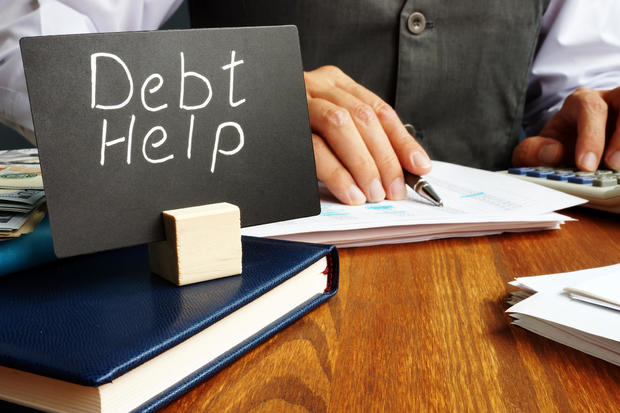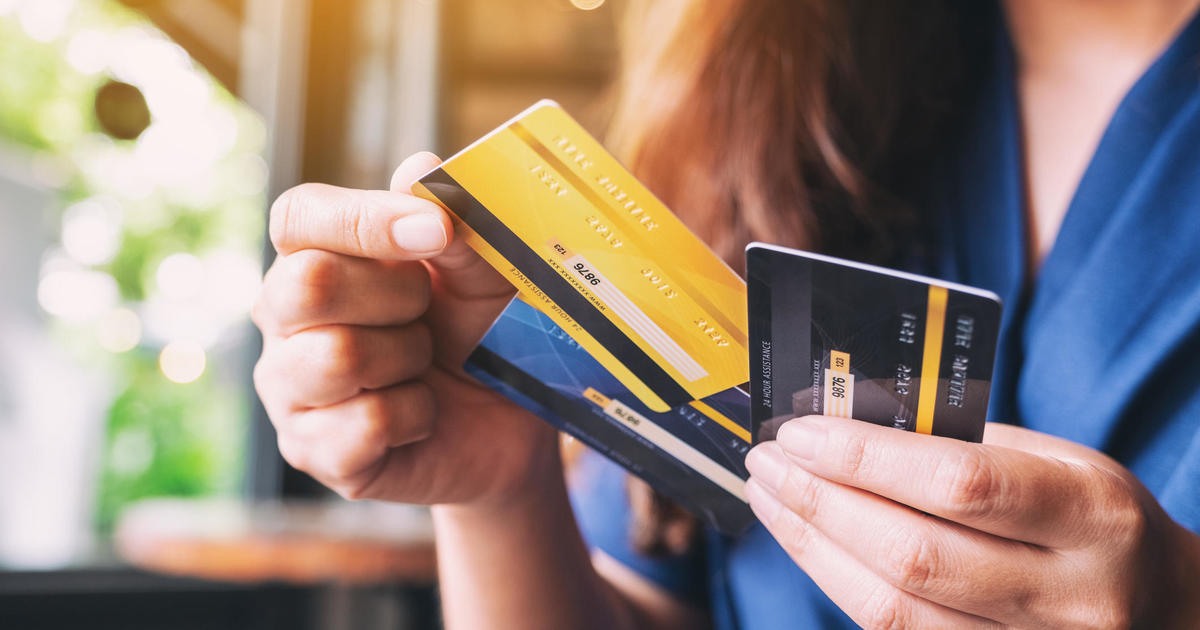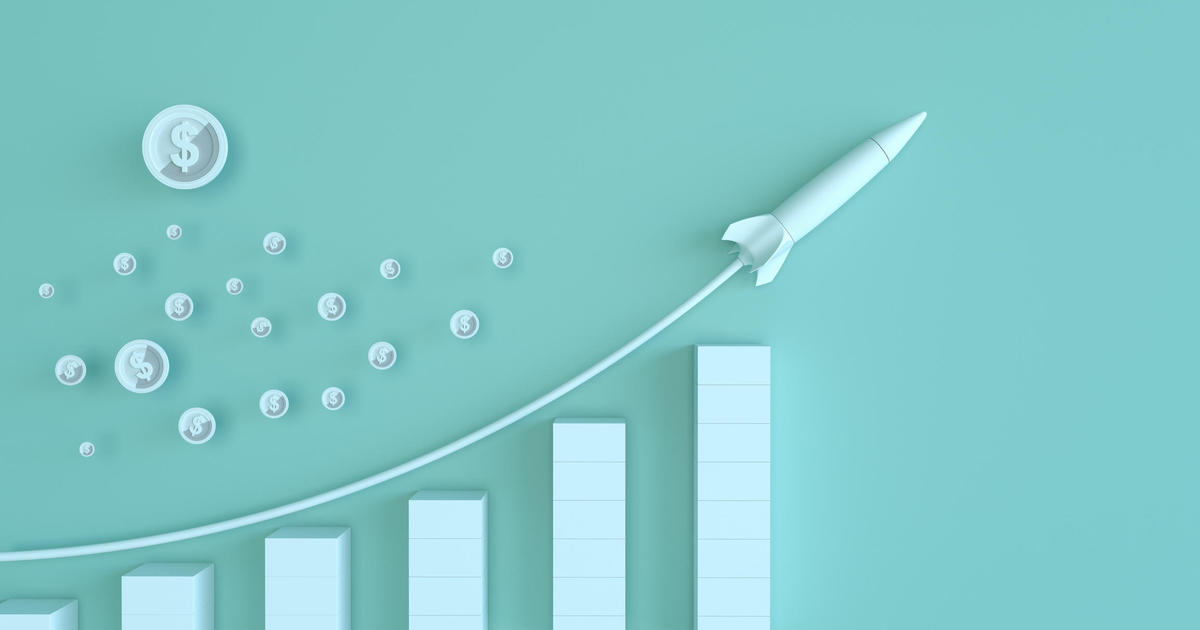6 times you should consider a debt relief program
Debt can become a significant burden on one's financial well-being, causing stress and hindering the pursuit of long-term goals. But despite the many downsides of taking on too much debt, many people find themselves grappling with an overwhelming number of bills, whether it's due to job loss, financial crises, unexpected medical bills or issues with overspending.
If you're one of the many people who's struggling under the weight of your debt, the good news is that there may be solutions. For example, if you're grappling with overwhelming debt, exploring what debt relief programs offer may help. These programs aim to provide a structured and strategic approach to help individuals regain control of their finances.
But while debt relief programs can be a viable option in many cases, it's crucial to recognize the right timing for enrolling in such programs to pave the way toward a debt-free future. Let's delve into what debt relief programs are and how they can potentially offer a lifeline to those who are struggling to get out of debt.
Learn more about how debt relief programs can benefit you here.
6 times you should consider a debt relief program
A debt relief program is a structured financial strategy designed to help individuals manage and reduce their debt effectively. These programs are typically offered by financial institutions, credit counseling agencies or specialized firms that negotiate with creditors on behalf of the debtor. The primary goal is to create a manageable repayment plan that aligns with the individual's financial capacity while satisfying the creditors' interests.
Some of the key components of debt relief programs include:
- Debt consolidation: This involves combining multiple debts into a single payment. By consolidating debts, individuals can streamline their monthly payments and potentially benefit from a lower interest rate.
- Negotiation with creditors: Debt relief programs often involve negotiations with creditors to reduce the overall debt amount or negotiate more favorable terms. This can include lower interest rates, waived fees or extended repayment periods.
- Credit counseling: Many debt relief programs include credit counseling services to help individuals better understand their financial situation. Credit counselors provide advice on budgeting, financial management and strategies to avoid future debt problems.
- Debt settlement: In some cases, debt relief programs may pursue debt settlement arrangements. This involves negotiating with creditors to accept a lump-sum payment that is less than the total amount owed, allowing the debtor to settle the debt for less than what was initially owed.
- Educational resources: Debt relief programs may also offer educational resources and financial literacy tools to empower individuals with the knowledge and skills needed to make informed financial decisions and avoid falling back into debt.
You are free to take advantage of what a debt relief program offers at any time. That said, there are certain situations in which it can make sense to consider one. These include:
Having multiple high-interest debts
If you're juggling multiple high-interest debts, such as credit cards, personal loans or medical bills, it might be time to consider a debt relief program. These programs can negotiate with creditors to lower the interest rates on the money you borrowed, which, in turn, can make it more manageable for you to repay your debts.
Find out more about your debt relief options online here.
Struggling to make minimum payments
When you find it increasingly challenging to make minimum monthly payments on your debts, it's a clear sign that your financial situation requires attention. Debt relief programs can help restructure your payments, potentially reducing the overall amount owed and making it more feasible for you to meet your financial obligations.
Facing collection calls and legal action
If you're constantly receiving collection calls or facing the threat of legal action due to unpaid debts, it's a critical juncture to consider a debt relief program. These programs can negotiate with creditors to stop collection calls and, in some cases, prevent legal actions, providing you with some much-needed relief.
Experiencing a significant income drop
Life is unpredictable, and financial setbacks such as job loss or a significant reduction in income can lead to difficulties in meeting your debt obligations. During times of financial hardship, a debt relief program can assist in renegotiating terms with creditors to better align with your current financial capabilities.
Having a high debt-to-income ratio
If your debt-to-income ratio is alarmingly high, it may indicate that you're living beyond your means. Debt relief programs can help by consolidating debts or negotiating with creditors to reduce the total amount owed, allowing you to regain control of your finances.
Making limited progress despite efforts
If you've been diligently trying to pay off your debts but see little to no progress, a debt relief program might be the intervention that's needed. These programs can provide professional assistance when negotiating with creditors, creating a more strategic and effective approach to debt resolution.
The bottom line
Choosing to enroll in a debt relief program is a significant decision that requires careful consideration of your financial situation. By recognizing the warning signs and understanding when it's appropriate to seek professional help, you can take proactive steps toward achieving financial freedom. Remember, the goal of a debt relief program is not only to reduce your debt burden but also to empower you with the knowledge and tools necessary to build a more secure financial future. If you find yourself in any of the situations mentioned above, it might be the perfect time to explore the options available through a reputable debt relief program.




